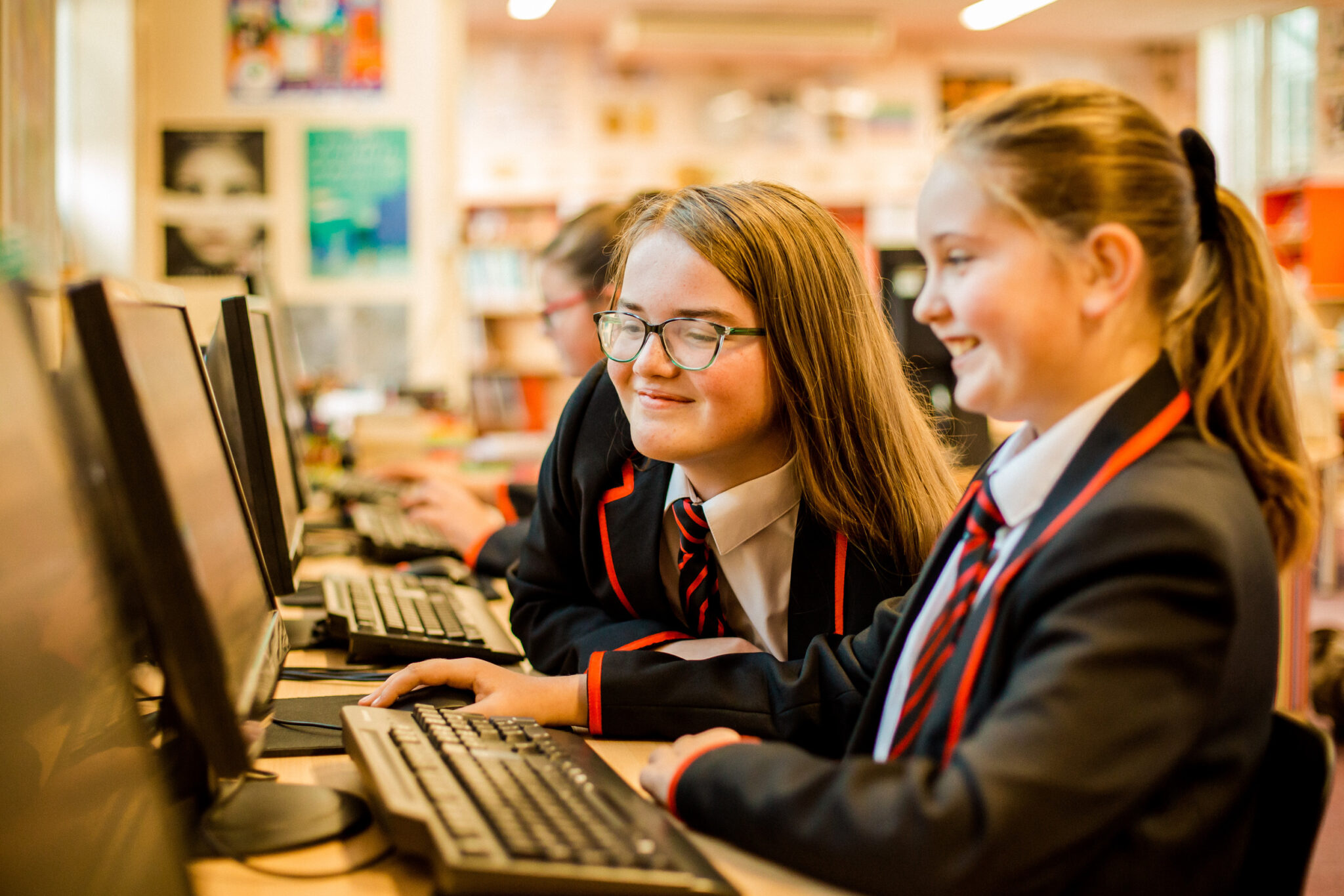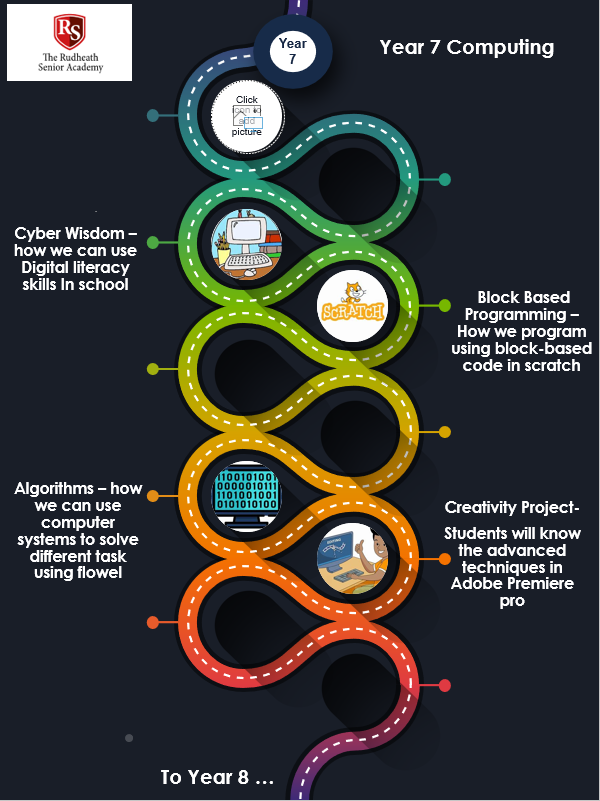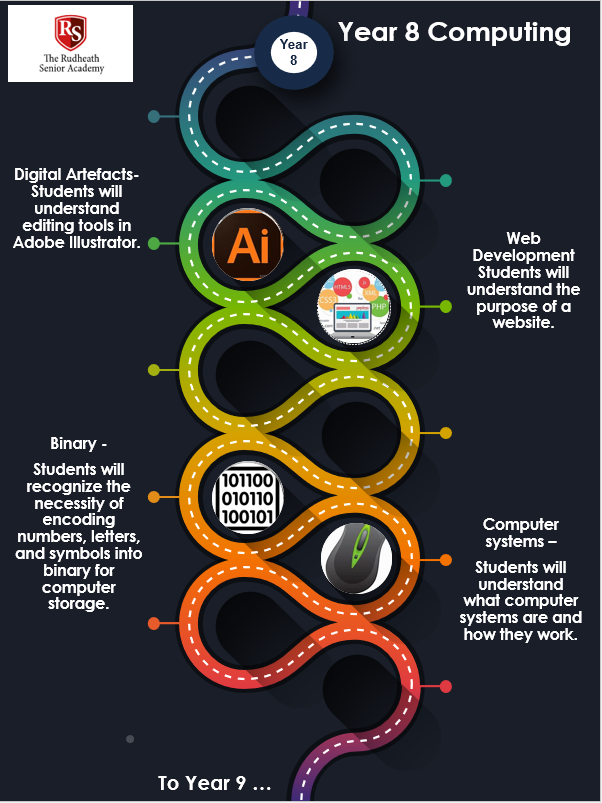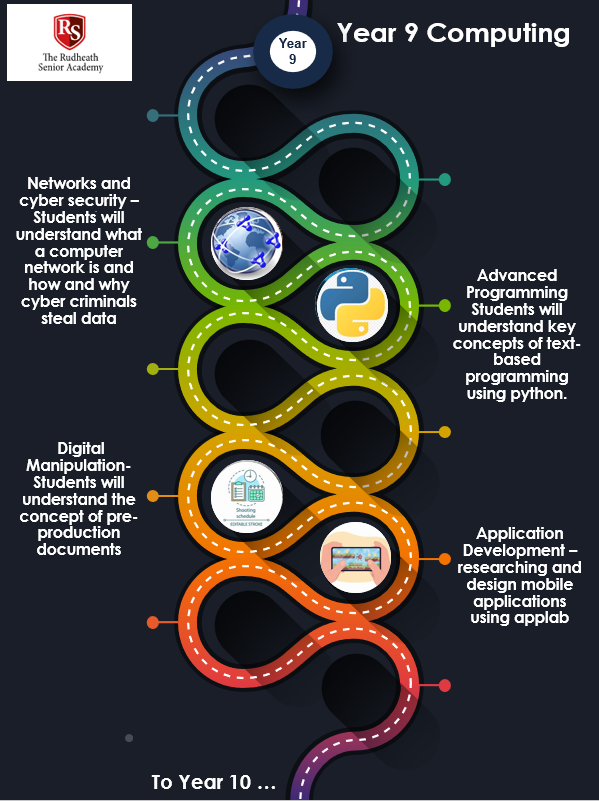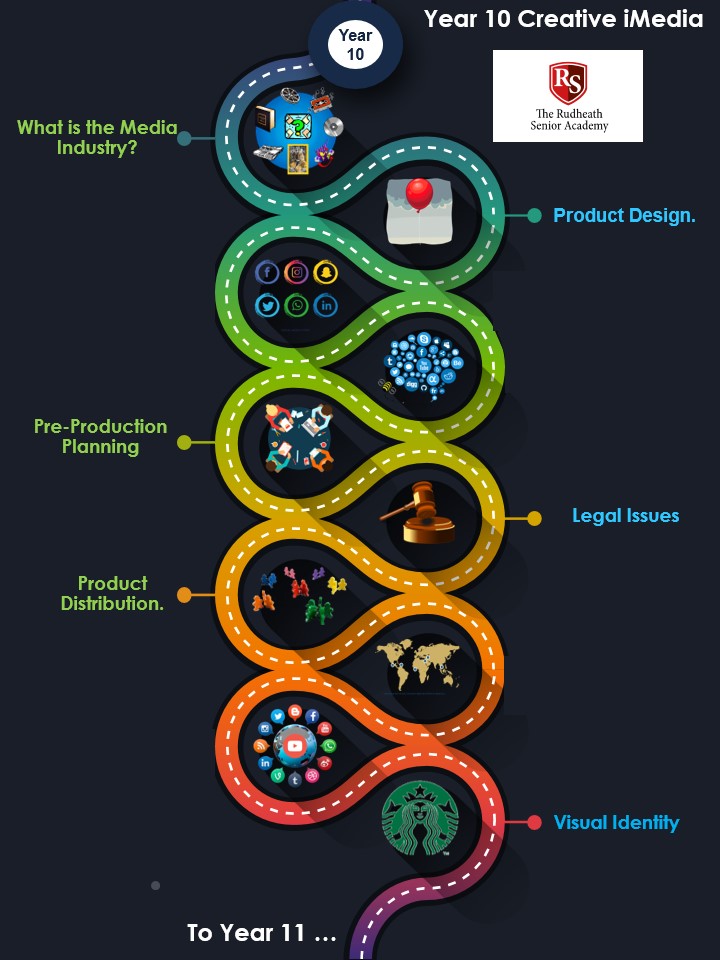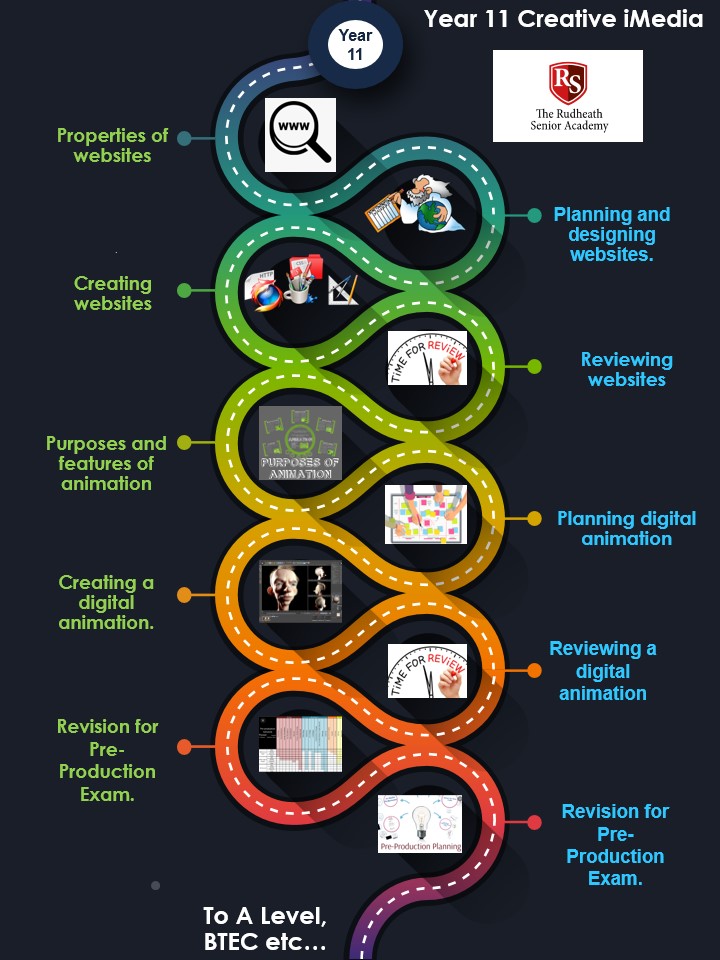Learners in KS3 receive homework approximately once every 2 weeks, linked to the topic being studied. These provide further research opportunities for learners to expand their knowledge and increase their interest in the studied topic.
The homework will be given directly to the learners on Teams. These can be made available as a hard copy but opportunities to complete at break, lunch and after school are also provided.
At KS4 learners receive homework that relates to each individual component of the course being studied and is set once per week.
